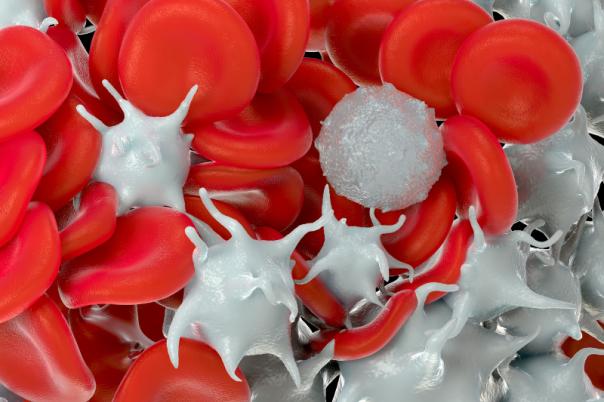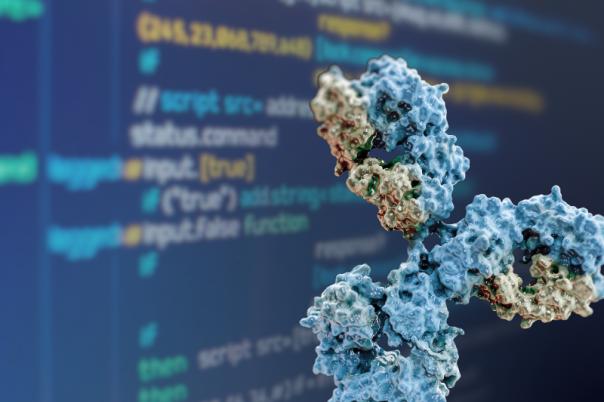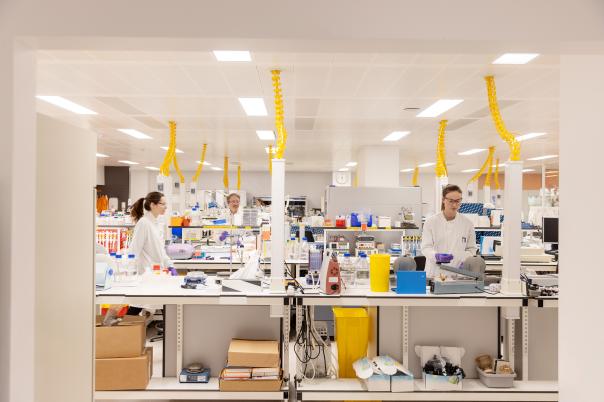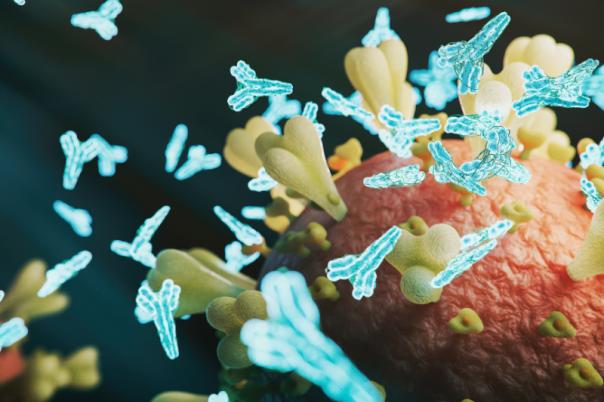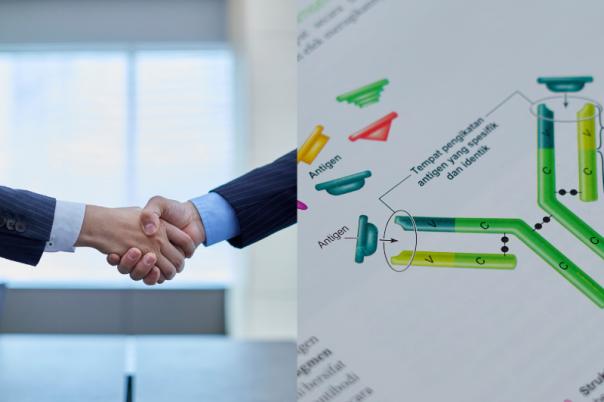The presentation delves into the complexities of glycosylation within biopharmaceutical manufacturing, emphasising its analytical importance and the challenges it presents. Horst Bierau, Associate Director at Merck KGaA, begins by underlining the crucial role glycosylation plays in the stability, clearance rate, and functional properties of antibodies and biological drugs.
Various analytical techniques, such as mass spectrometry and glycopeptide analysis, are highlighted as essential tools for monitoring glycosylation. These techniques provide insight into the glycosylation profile and its implications for drug efficacy and safety.
Bierau discusses high mannose glycans, which, while beneficial for increasing antibody-dependent cellular cytotoxicity (ADCC) in oncology applications, also pose challenges such as reduced thermal stability and higher aggregation propensity. These factors raise significant safety concerns.
Furthermore, the presentation addresses the issue of N-glycolylneuraminic acid (NGNA), a non-human sugar that can be recognized by pre-existing antibodies in humans. This recognition can lead to immunogenicity and faster drug clearance, underscoring the importance of careful risk assessment and the selection of appropriate production hosts.
Manufacturing considerations are also explored, stressing the need to select suitable production hosts and closely monitor glycosylation profiles. This is crucial to avoid the presence of non-human glycans and to ensure the drug's desired biological function and safety.
Looking ahead, the Beirau mentions the potential of chemoenzymatic modifications to achieve homogeneous glycosylation. However, he notes that this approach is currently cost-prohibitive and not economically viable for large-scale manufacturing.


